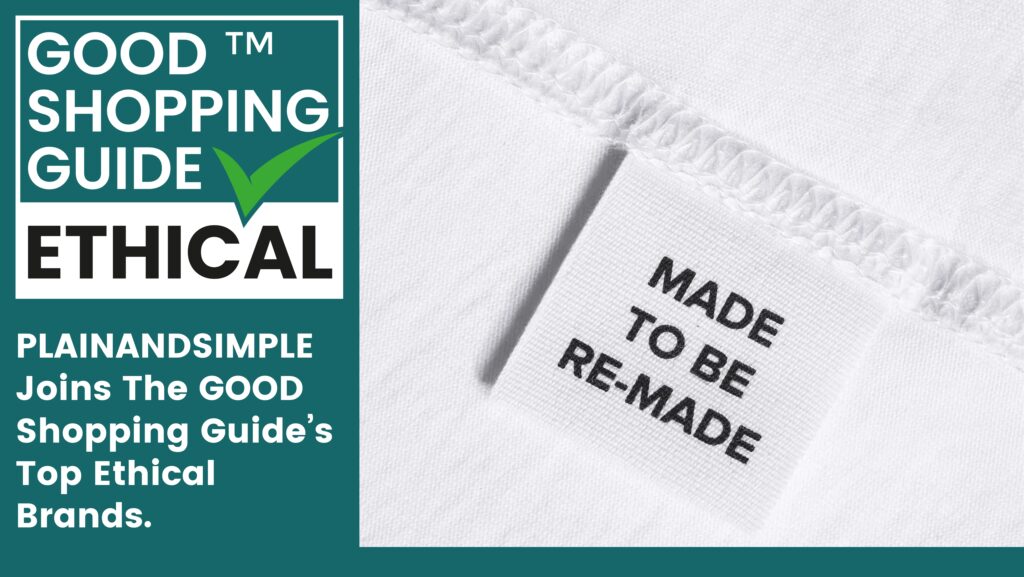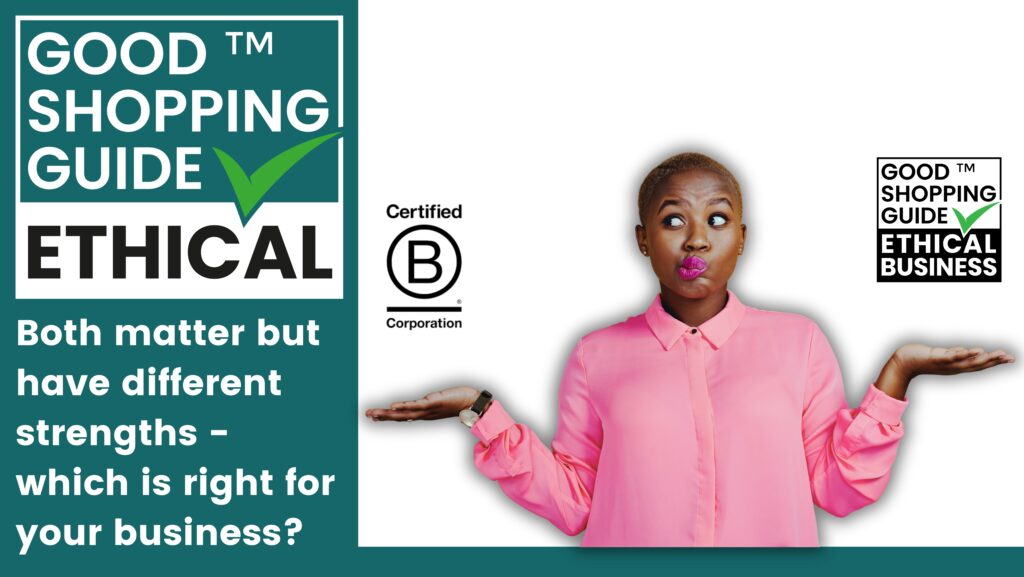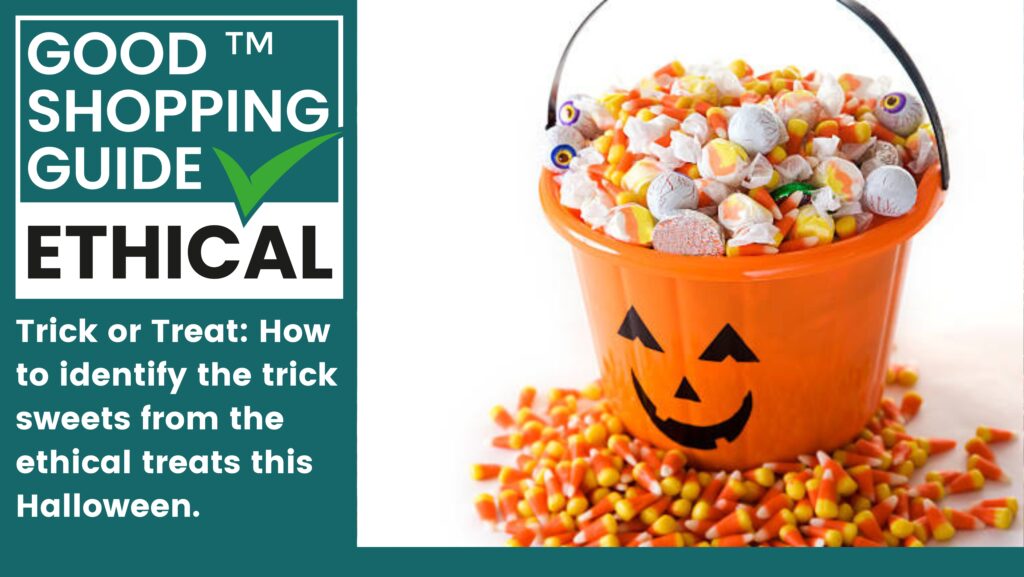Is this the tipping point for fast fashion?
Vinted becomes the number one fashion retailer in France
At The GOOD Shopping Guide, we’ve been championing second-hand shopping and sustainable alternatives for over 25 years, long before it became mainstream. We’ve always believed that fashion can be a force for good, and that real impact comes from choosing better, not just buying more.
This week, we heard news that Vinted is now France’s No.1 clothing retailer – not for producing anything new, but for helping people buy, sell and reuse clothing. That’s a clear sign of shifting values. Consumers are no longer content with fast fashion’s empty claims; they’re demanding substance.
Fashion giants like Zara, Primark, and H&M have long ruled the high street – but despite their flashy “green” collections and promises of change, they’re still not offering consumers a truly sustainable solution. And shoppers are beginning to look elsewhere.
Thankfully, ethical brands are leading the way. Ethical fashion pioneers like Komodo, Ladage Bonton, and Karee (all accredited by The GOOD Shopping Guide), and Finisterre, Rapanui, don’t just talk about sustainability – they embed it into their supply chains. Whether it’s using low-impact materials, ethical labour practices, or designing for longevity and recycling, these brands are proving that fashion can be stylish and responsible.
These aren’t marketing stunts – they’re the building blocks of a truly circular, ethical fashion industry.
One of the most common questions we get from our readers is how to steer clear of big fashion brands with poor ethical records and how to spot the truly responsible ones. We help our readers make smarter choices by sharing brands that are transparent about their supply chains, offer genuine recycling or repair schemes, use organic or certified sustainable materials, and actively support fair wages and safe working conditions. These are the kinds of practices that set ethical brands apart from those simply making surface-level claims.
Check out our Ethical Fashion Ratings, where we independently assess and rate all the major fashion brands based on key ethical criteria – including environmental reporting, use of sustainable materials, fair labour practices, animal welfare, and transparency.
Not many of the big high street names make it above our ethical benchmark. Why? Many still fall short when it comes to supply chain transparency, reliance on synthetic fibres, unsustainable production volumes, and a lack of meaningful commitments to workers’ rights and animal welfare.
You can read more about the issues in our Ethical Fashion article here.

Excerpt from The GOOD Shopping Book – 9th Edition (2010)
Share
Related articles

Actively Ethical: PLAINANDSIMPLE Awarded Ethical Accreditation
PLAINANDSIMPLE earns Ethical Accreditation for pioneering sustainable fashion, circular design, and a transparent, human rights-focused supply chain.

Which Ethical Certification Is Right For My Business?
AI compares B Corp and The GOOD Shopping Guide to help ethical businesses choose the right certification for their goals.

Trick or Treat: Are there dirty sweets in your Halloween bucket?
Unmask the ethical risks of Halloween sweets and discover which brands are truly treating the Environment, Animals and People.